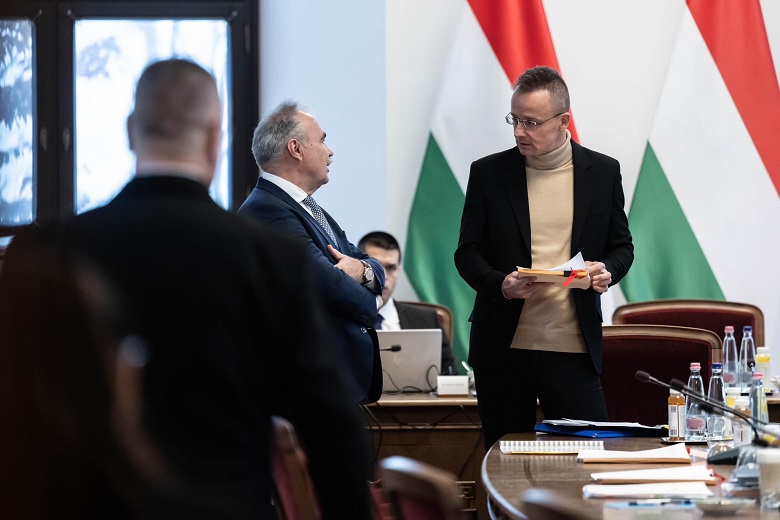After Bulgaria Lifts Tax on Russian Gas, Hungary to Support Its Entry into Schengen

Hungary will not block Bulgaria's accession to the Schengen Zone after the expected cancellation of the transit tax on Russian gas, imposed by Bulgaria in compliance with EU sanctions, announced Hungarian Foreign Minister Peter Szijjarto on Tuesday, as reported by Hirado.
Szijjarto confirmed that immediately after Bulgaria officially publishes the decision, expected on Friday, Hungary will withdraw its objections to Bulgaria's entry into the Schengen Zone and will ask the European Commission to halt the infringement procedure initiated by Budapest.
The head of the Hungarian Ministry of Foreign Affairs also announced this on social media.
Today, the Bulgarian Parliament passed a law prohibiting the export of fuel produced from Russian oil starting from January 1, 2024. With this step, Bulgaria decided to prematurely cancel the exemption from the EU embargo on the import of Russian oil, which the European Commission granted to Sofia in 2022 due to the country's 'special geographical location.' In addition, Bulgarian lawmakers approved the decision to abolish customs duties on the import and transit of Russian natural gas until EU legislation establishes provisions regarding the origin of natural gas.
Earlier, in October, in compliance with EU requirements for sanctions against Russia, Bulgaria introduced a new transit tax on Russian gas of around 10 euros per MWh, which drew sharp criticism from Hungary.
At that time, the Hungarian Ministry of Foreign Affairs stated that the country would veto Bulgaria's entry into the Schengen Zone if the tax on the main route of gas import through Hungary remained in force.
Until now, only the Netherlands and Austria had hindered Bulgaria's desire to join the Schengen Zone due to concerns about the increase in illegal migration. However, the Netherlands changed its position after the EU's conclusion.
Established in 1985, the Schengen Zone currently includes 27 countries. Within its borders, people and goods can move freely, usually without additional visas, customs documents, and permits, using only their country's internal passports.
Recall that on the eve, the Council of the European Union approved the 12th package of sanctions against Russia in response to its military aggression against Ukraine. A key element of the new package is a ban on the direct or indirect import and transfer of diamonds from Russia.